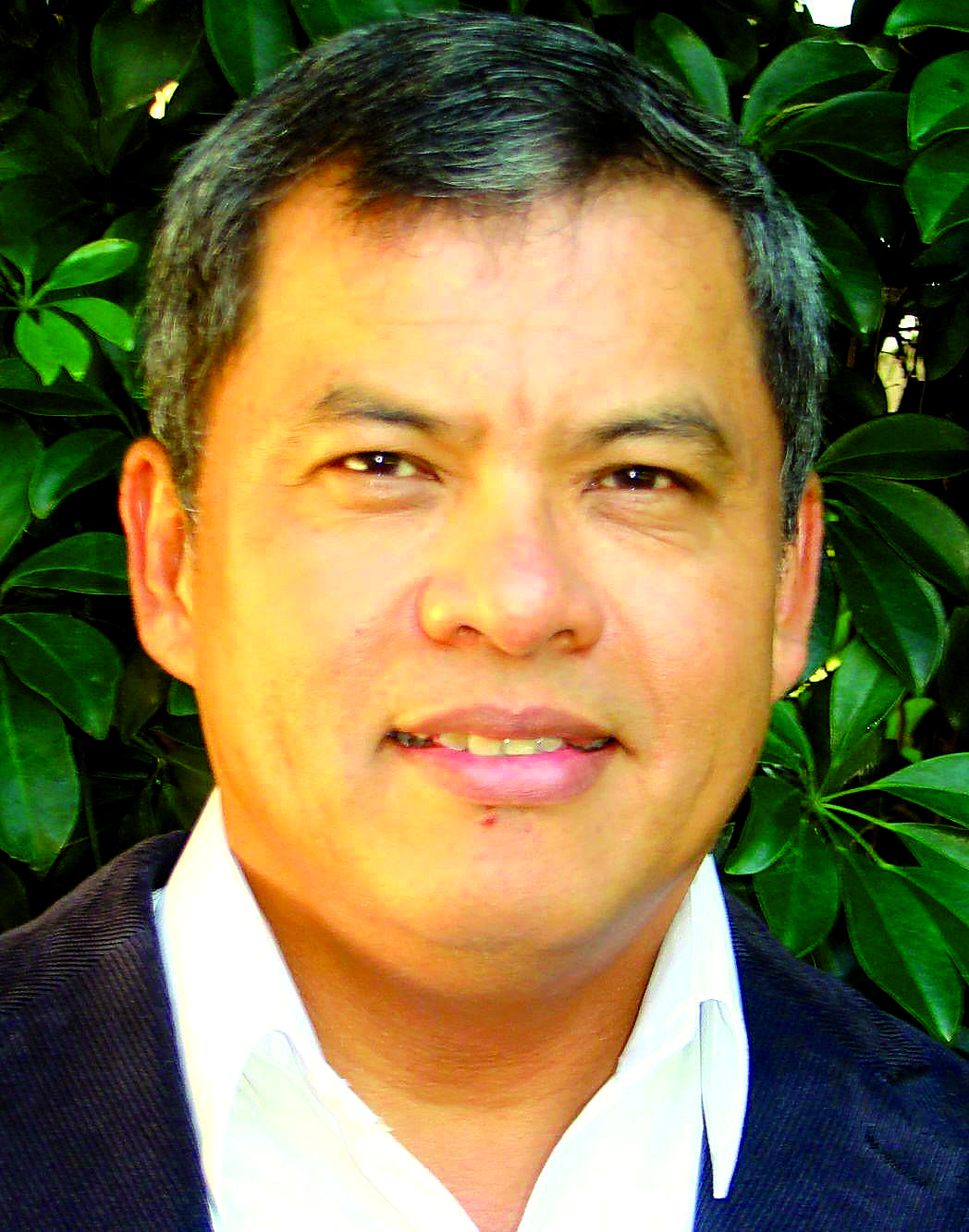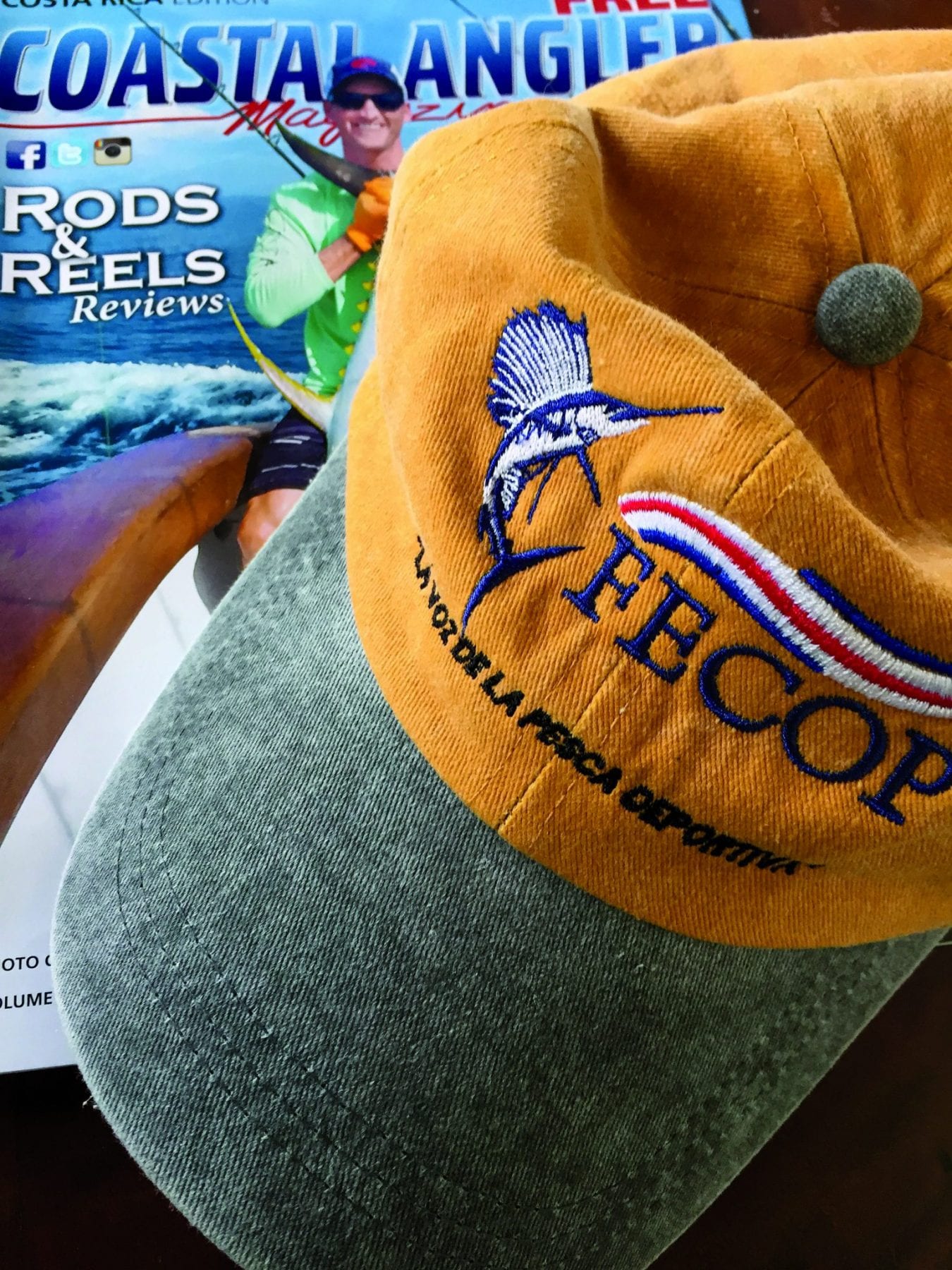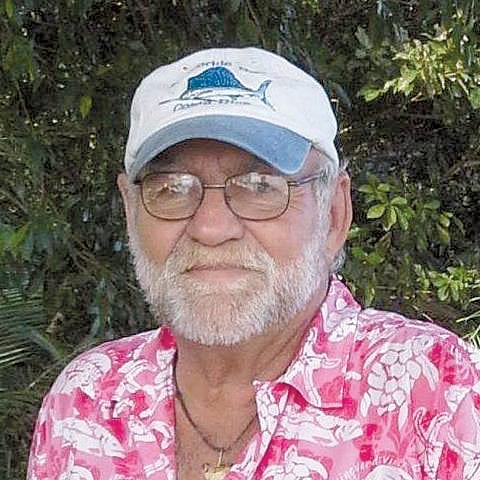FECOP’s Director of Science Appointed to Head INCOPESCA
What is surely a loss for FECOP is a gain for Costa Rica. President Carlos Alvarado picked Moises Mug to head the fisheries department of the country for the next four years. Mug is a Fishery biologist with 32 years of professional experience in sustainable fisheries, and ocean conservation and development.

His experience includes high-level policy work and advice, strategic planning and implementation of complex fishery programs, teaching and research. For the last 15 years, he has worked in international fisheries focusing on several aspects of oceanic fisheries including policy, governance, capacity building, markets and livelihoods, and sustainable finance. He holds a Master’s degree in Fisheries Science from Oregon State University (OSU) in a joint program with The University of Washington (UW). Fulbright – LASPAU scholar (1990-1993). Marine Stewardship Council (MSC) Stakeholder Council Member (2015 to present). He grew up in Limon, where he worked in his father’s store and surf cast for snook in his free time as a youngster.
Best known lately for his research working on the “Tuna Decree” created in 2014, protecting a total of over 200,000 square kilometers of territorial waters from tuna purse sein operations including moving tuna boats out 45 miles from the coast to eliminate conflicts with both Costa Rican commercial and sport fishing fleets. In 2017 his researched convinced the government to reduce tuna licenses issued to foreign fleets from 43 to 13. According to observer on-board catch records, this saved 25 metric tons of what would have been marlin by-catch as wells as dorado, wahoo, sailfish, turtles, sharks and marine mammals.
Mug has also been spearheading a co-project with INA (Costa Rica’s technical institute), INCOPESCA and FECOP, supplying technical and scientific support for the “greenstick” project, a method of fishing tuna with almost zero bycatch.
One thing is for certain, INCOPESCA now has a leader who truly understands fisheries management, understands the value of sport fishing to Costa Rica and the number jobs it supplies to Costa Ricans, and the contribution sport fishing is to tourism. Best of luck Mr. Mug, and Congratulations
PanAmerican Picks Costa Rica for First International Roosterfish Tournament
Luis Miguel Garcia, president of the Mexican Sport Fishing Federation and Ben Blegen and Sean Warner from USA Angling, all board members of the PanAmerican Delegation recently visited Costa Rica in search of a place to hold the First International Roosterfish Tournament. The PanAmerican Delegation is made up of anglers from North, Central and South America. FECOP represents Costa Rica in the Delegation. The goal is to one day include sport fishing in the Pan American Games and eventually make it an Olympic sport.
“We chose the southern zone because of the vast area of inshore fishing, and looked at some beautiful properties including Casa Roland in Golfito, Gofito Marina Village, Zancudo Lodge and Crocodile Bay,” commented Blegen, head of USA Predator Fishing team. “It being the first tournament and not being exactly sure of the participation, we think we will have between 20 and 30 four-person teams to fish the event. Logistically it made more sense to use Crocodile Bay to host but we will most likely be using boats from other operations as well.” Costa de Mar sunglases has already committed to sponsor two women’s teams. Private boats can also fish the tournament.
The tournament is scheduled November 16 to the 19th. For more details contact BenBlegen@USAPreatorTeam.org or todd@fecop.org
FECOP Kicks Off Social-Economic Study
Henry Marin, FECOP’s project manager is looking for all captains, mates, and boat owners to help demonstrate the impact of sport fishing on local communities and Costa Rica as a whole. A study done in 2009 estimated sport fishing added $600 million to the Costa Rican economy but those numbers have been challenged on several levels.

Marin wants to show the value in eight different coastal communities, as well as the entire country. He has chosen Golfito, Puerto Jiménez, Quepos, Jacó-Herradura, Tamarindo, Flamingo, Playas del Coco and Barra del Colorado. That way he can show the effect on the livelihood in each coastal region separately.
His methodology is to focus on captains, mates and boat owners and will measure five big areas: Social, economic, financial, environment and governance characteristics around that population.
FECOP will use this information to show the government, local and national authorities, other non-profit organizations, civil organizations and general public; the importance of sportfishing to Costa Rica in two levels, macro and mico economically.
This information will show how different families and communities around the country are being included in the dynamics of sportfishing and how they are being impacted.
Local goverments of Quepos, Garabito and Santa Cruz are being involved in the process and CANATUR, as part of the tourism industry.
If interested on being part of the research and helping demonstrate the value of sport fishing in your community, please contact Henry Marin at hmarin@fecop.org. This email should include phone number and if possible the contacts of others working in the industry who could also take the survey. You can also leave you name and number at the FECOP office, telephone 2291-9150. If you are an owner please encourage your crews to participate.
FECOP staff will be calling to apply the surveys. All personal information is confidential and will be used only for research. Marin will give all participates a fishing cap in appreciation for taking the survey.
Todd Staley has managed sportfishing operations in Costa Rica for 25 years. He has been involved with FECOP since its inception and is former President of the group and was co-recipient of IGFA’s Chester H. Wolfe award in 2015 for his conservation efforts in Costa Rica. He is currently Fishing Columnist for the Tico Times and works full-time with FECOP as Director of Communications. Contact Todd at todd@fecop.org

